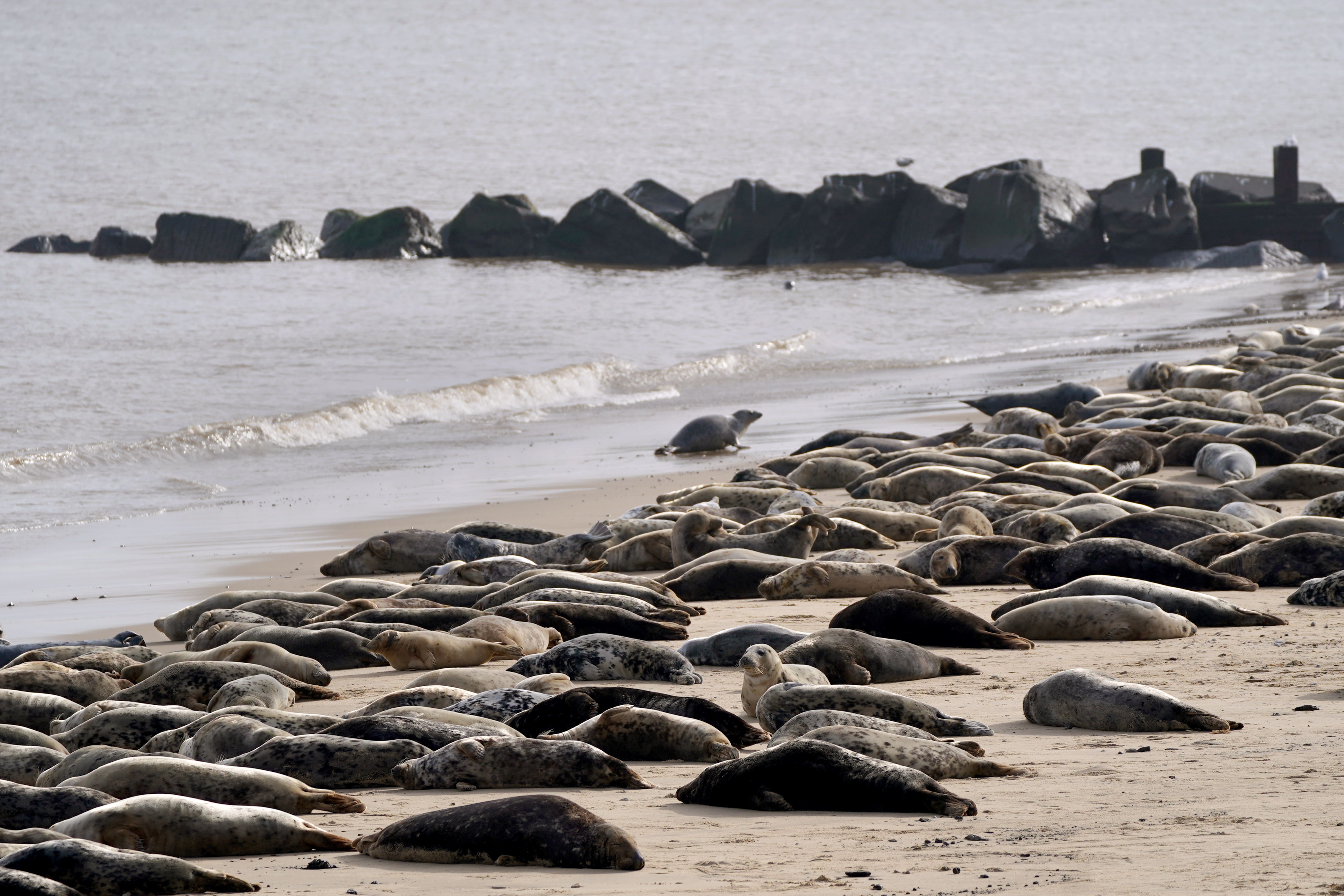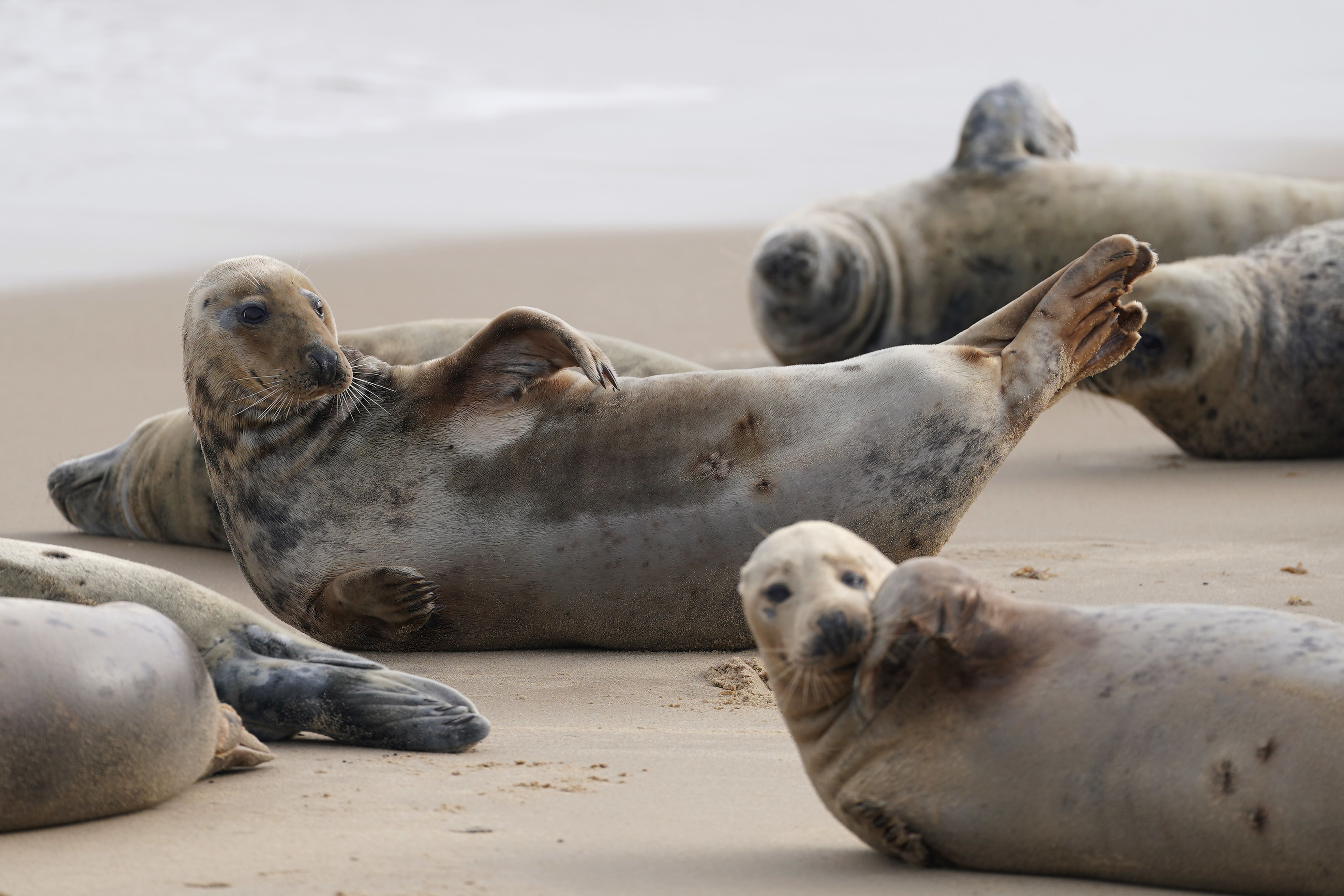‘Seal finger’ warning over infection if bitten by sea mammal
There are around 400,000 grey seals worldwide, with about 120,000 living off the coast of Britain.

Your support helps us to tell the story
From reproductive rights to climate change to Big Tech, The Independent is on the ground when the story is developing. Whether it's investigating the financials of Elon Musk's pro-Trump PAC or producing our latest documentary, 'The A Word', which shines a light on the American women fighting for reproductive rights, we know how important it is to parse out the facts from the messaging.
At such a critical moment in US history, we need reporters on the ground. Your donation allows us to keep sending journalists to speak to both sides of the story.
The Independent is trusted by Americans across the entire political spectrum. And unlike many other quality news outlets, we choose not to lock Americans out of our reporting and analysis with paywalls. We believe quality journalism should be available to everyone, paid for by those who can afford it.
Your support makes all the difference.Swimmers have been warned to give seals their distance amid fears of a “seal finger” infection if bitten by the aquatic mammals that are gathering in their hundreds around the UK coastline.
The British Divers Marine Life Rescue charity issued the call after hundreds of seals were spotted off the coast of Cornwall during pupping season in recent weeks.
Around 120,000 grey seals set up home off the coast of Britain, which makes up 40 per cent of the world’s grey seals and almost all of Europe’s.
Louise Round, a marine animal medic, explained that “seal finger” is caused by the necrotic bacteria on their teeth.
She said: “It’s a really nasty blood infection, it’s horrible. It could basically mean you lose the finger.
“They’re not like a dog or a puppy, you can’t just go up and stroke them and they’re going to appreciate that,” she said.
“They are a wild animal not used to humans. If you get too close they are going to bite.”

Ms Round said: “They’re actually doing really well. We’re massively lucky in this country in that we have 40 per cent of the world’s population around our coastline.
“The vast majority of that is around the southwest coastline.
“Globally, they are a rare species so just because they’re doing quite well around here, globally they aren’t doing great.
“So we really need to appreciate these animals and understand how lucky we are to get these glimpses of them and have them on our coastline.”
The seals can live for as many as 35 years in the wild while dealing with predators like orcas and larger leopard seals.
They survive on fish, squid, and other smaller prey to survive. The animals can dive below the ocean’s surface, reaching depths of more than 2,952 feet. Some of their dives can last for more than an hour and a half before they need to come up for air.
Join our commenting forum
Join thought-provoking conversations, follow other Independent readers and see their replies
Comments